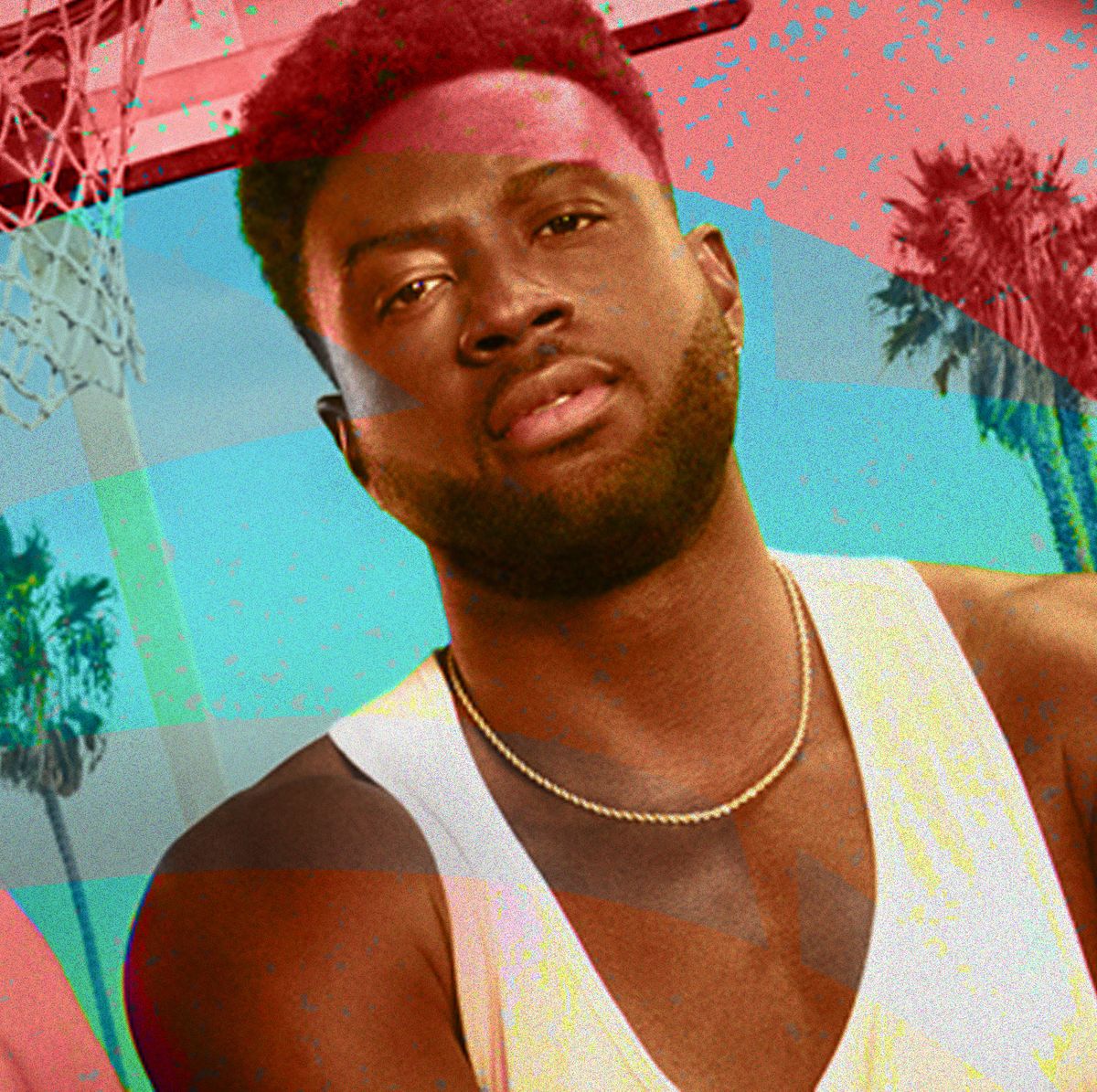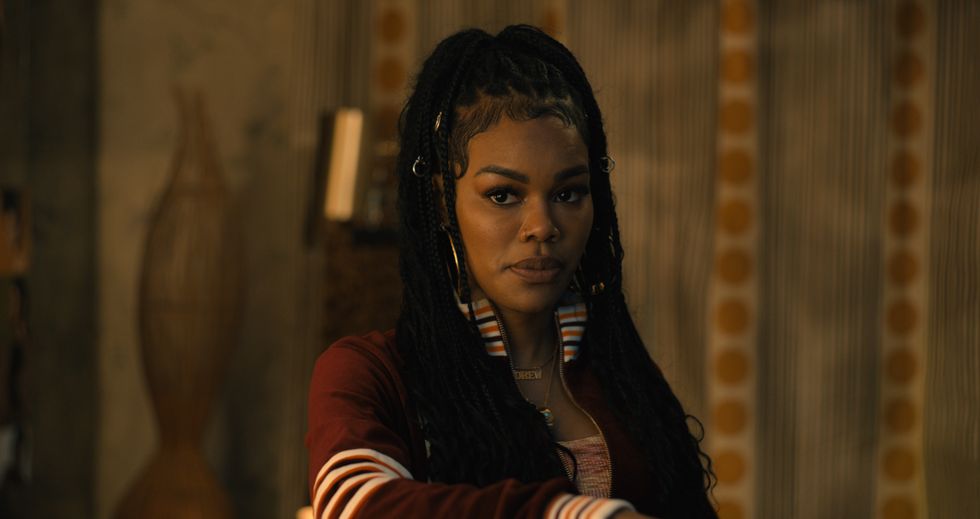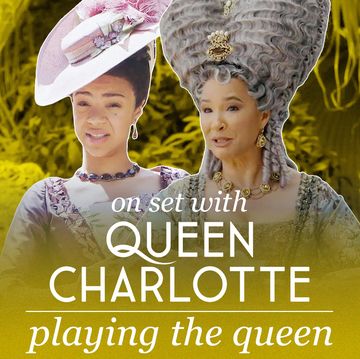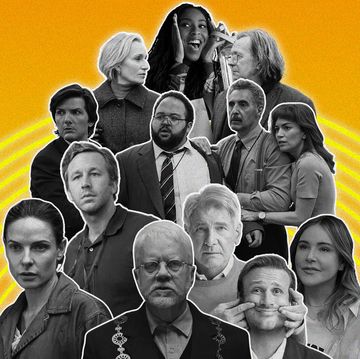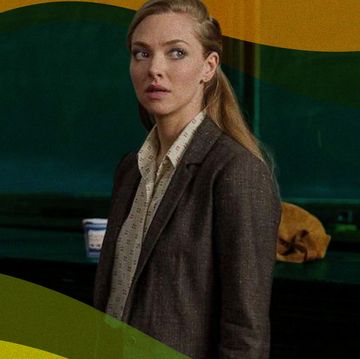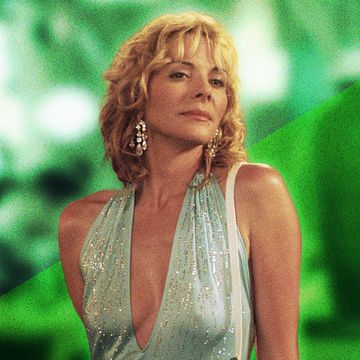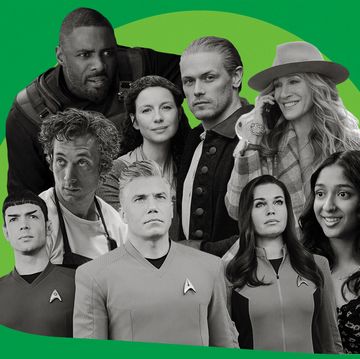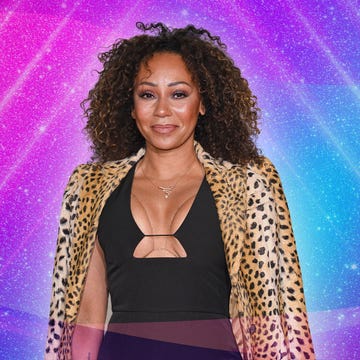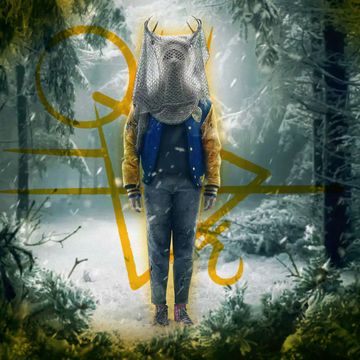White Men Can’t Jump — the original, that is — is such a specific time capsule of a film that, upon hearing that it’s been remade (the new version arrived on Hulu on May 19), one might be inclined to have some very valid reservations. After all, the original, with Wesley Snipes, Woody Harrelson, and an unforgettably in-her-bag Rosie Perez, was as much a feel-good sports flick as it was a mirror of divided times: Just a few weeks after it debuted in 1992, four police officers were acquitted of assault after being caught on tape beating Black motorist Rodney King; after the verdict, Los Angeles erupted in flames for six days.
Thirty-one years later, the new White Men Can’t Jump could cast a white rapper (Jack Harlow) who has real rap cred and real-deal skills on the court, an archetype that didn’t exist when the first film debuted. Harlow wasn’t even born yet when the original White Men Can’t Jump premiered, yet on-screen opposite Sinqua Walls, he takes on the themes from the original that have endured: the mistrust, misunderstandings, and hostilities that can fester between the Black and white communities.
“One of the things that you take away from this one,” says Walls, “is how superficial the idea of divide is. The idea of racial divide, as it existed and as it exists now, is so superficially created. And so when you see something that’s put in place for people to come together, you see that there’s no reason that we should all be divided, and I think basketball is that voice of unity.”
In this version of the story, written by Kenya Barris and Doug Hall, Kamal (Walls) is a former star high school player whose personal demons and traumas cause him to lose his way, while Jeremy (Harlow) is battling a busted knee and a creeping sense that his life is slipping away before his eyes. Naturally, they bond over basketball and, baggage notwithstanding, manage to concoct a scheme to scoop up cash in local tournaments. Under the surface, both are working to reconcile emotional issues and vulnerabilities in ways that we didn’t see from men of previous generations and, to a degree, still seem provocative now.
Yet if there’s a force and theme more prevalent in this take versus the previous one, it’s the role of women, and how they assist their guys in leveling up. Jeremy lives with his girlfriend, Tatiana (Laura Harrier), who is miles ahead of him in maturity and goals in life; Kamal’s partner is Imani (played by Teyana Taylor), who seems exasperated with her man’s inability to get out of his own way and provide for their child. Ultimately, both women provide the spark Kamal and Jeremy need to soar, but Imani especially is depicted as the Earth mother-type goddess queen whose firm but loving hand gets Kamal’s head out of the clouds and really in the game, so to speak.
“We’re in a more prideful, egotistical, toxic phase of a generation,” Taylor says. “And I think this movie is showing people how to show up and be a teammate in life. It’s tough. But you have to be patient, be kind, and understand that even when things aren’t going your way, that’s not punishment; it’s preparation.”
White Men Can’t Jump is now streaming on Hulu.
Malcolm Venable is a Senior Staff Writer at Shondaland. Follow him on Twitter @malcolmvenable.
Get Shondaland directly in your inbox: SUBSCRIBE TODAY
